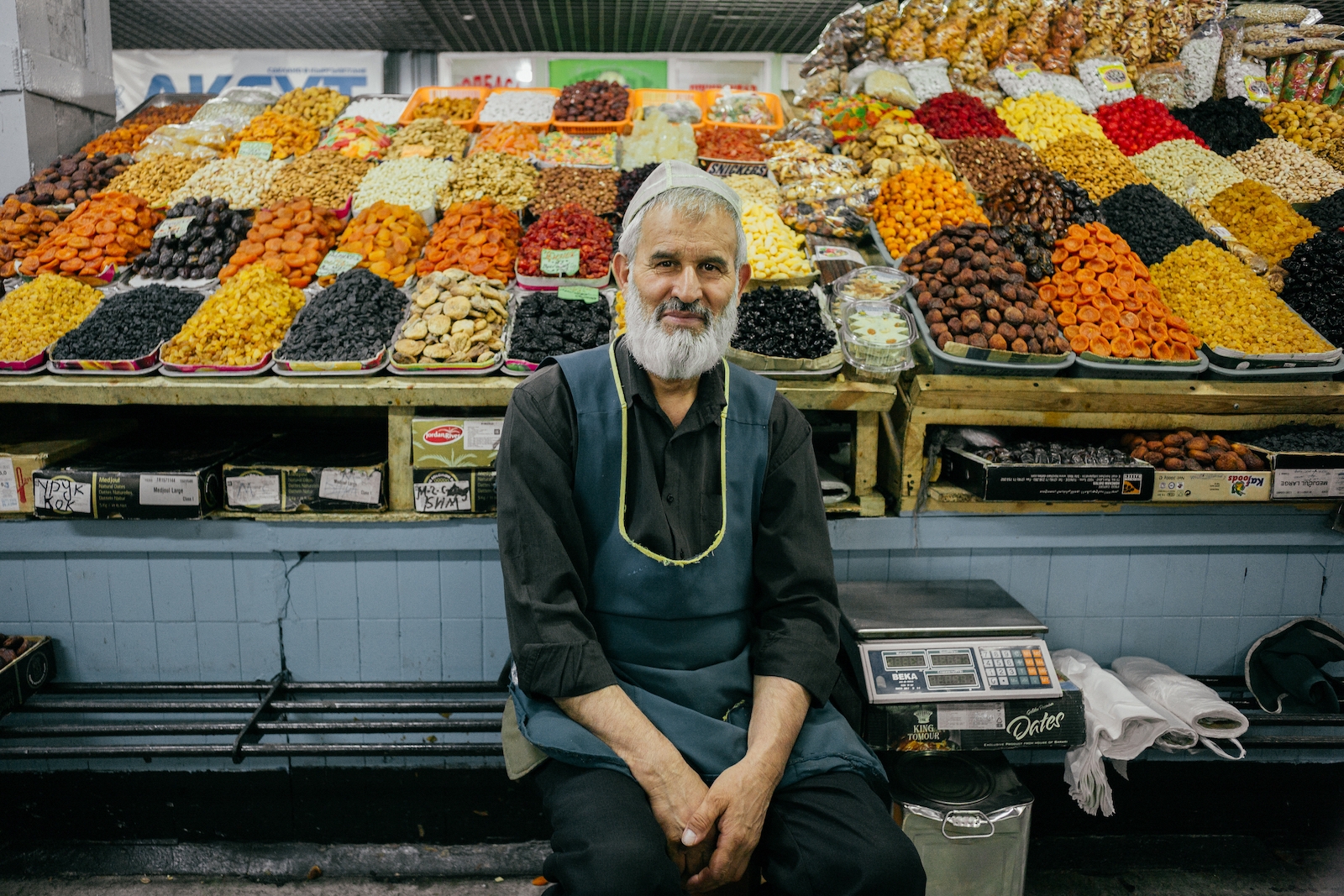
Under the Shadow of War in Europe, a New Dawn in Central Asia
A new country is potentially about to be born in Central Asia. No borders are being moved, no regimes are being changed, and no conflicts are on the horizon. I do not intend for this to be hyperbolic. Indeed, the country’s president, Kassym-Jomart Tokayev, whose own powers stand to be significantly curtailed, has called his reforms and the proposed constitutional changes, a “New Kazakhstan.”
On June 5th, the people of Kazakhstan will go to the polls to vote on 33 amendments to the country’s constitution. Each one of the changes represents notable steps to strengthen democracy and the opening of the political system in the country. The powers of the president will be curtailed, the powers of the parliament emboldened, and power will be decentralized both regionally, and in terms of personalities with dramatic limitations introduced on the involvement of close relatives of political figures in the running of the country.
This comes after public outcries of nepotism over the past 30 years since Kazakhstan’s independence. This answers a key concern of the population since civil society will also be greatly bolstered. The barriers to entry for new political parties will be reduced.
Kazakhstan is the ninth-largest country in the world. It has the longest land border in the world. With China and Russia on its borders, and Afghanistan not far away, Kazakhstan is stuck between the war in Ukraine, and the ongoing battles between the Islamic State and the Taliban in northern Afghanistan. Nevertheless, or perhaps therefore even more so, Kazakhstan deserves the world’s attention.
True, this will not turn Kazakhstan overnight into France, Germany, or the United States, but it is entirely a step in the right direction – and the West should encourage this trend. It has to be remembered that Central Asia is not Western Europe or North America. Seismic changes are only successful if made judiciously, gradually, and carefully. Haste is the key, not speed.
This should not be mistaken for duplicity or fictitiousness. Indeed, the referendum is set to be overseen by international observers from the Organization for Security and Cooperation in Europe (OSCE), and initial polls suggest overwhelming public support for the reforms.
Moreover, with the world’s energy supplies being considerably impacted by the war in Ukraine and the sanctions on Russia, not to mention an ongoing issue of food security, this progress should come as a welcome sign for the West. Kazakhstan is one of the most important countries in the region, rich in natural resources, and the largest in Central Asia. What happens in Kazakhstan can and will affect the entire region – from Uzbekistan through to Kyrgyzstan, Tajikistan, Turkmenistan as well as to Armenia, Azerbaijan, Afghanistan, and even Turkey.
The Western world needs a stable Kazakhstan. It needs Kazakhstan which is an independent and reliable supplier of oil, natural gas and uranium. Kazakhstan which is not a dependent satellite of Russia or China. In short, the West also needs a reformed Kazakhstan.
There is another side to this coin. Russian President Vladimir Putin is also looking with a wary eye at the events in Nur-Sultan. As he convened summits of the Collective Security Treaty Organization (CSTO) in Moscow, and the Eurasian Economic Union (EAEU) in Bishkek, Putin made clear that he is looking to bolster Russia’s regional circle of influence. The economic dependence of many former Soviet satellite states remains one of Russia’s aces. The way the West reacts to Kazakhstan’s referendum and to its proposed reforms will determine greatly the strength of Putin’s hand.
Unsurprisingly, therefore, the U.S. State Department and a group of British parliamentarians among others have already held high-level meetings and expressed their appreciation and approval for the process being led by Tokayev. But as the referendum approaches, there needs to be unequivocal and clear international support.
Clearly, there is much more to improve in Kazakhstan. But this is the beginning, a new beginning, and all the signs show that Kassym-Jomart Tokayev has a real desire to go in a more democratic, less centralized, and more open attitude to the Western world.
There will be concerns about human rights. There will be accusations of whitewashing past crimes. But such concerns can only be addressed in a new political environment and culture. Will 33 constitutional amendments be enough to change the course of history in Kazakhstan? For the first time in a long time – it is up to the people to decide, and that in itself is a positive step.

